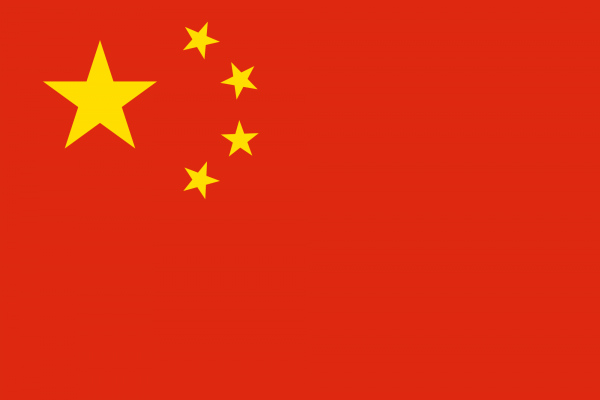China has said Xinjiang faces a serious threat from Islamist militants and separatists who plot attacks and stir up tension between the mostly Muslim Uighur minority who call the region home and members of the ethnic Han Chinese majority.
In Beijing, Foreign Ministry spokesman Geng Shuang signaled that China did not want the United Nations to get involved.
“China urges the UN human rights high commissioner and office to scrupulously abide by the mission and principles of the UN charter, respect China’s sovereignty, fairly and objectively carry out its duties, and not listen to one-sided information,” he told a press conference.
The government has previously blamed anti-China forces for being behind criticism of its policies in Xinjiang.
During the past two years, authorities have dramatically stepped up security and surveillance there, likened by critics to near martial law conditions, with police checkpoints, re-education centers and mass DNA collection.
Bachelet’s appeal for access came as New York-based Human Rights Watch said the Turkic Uighur minority faced arbitrary detentions, daily curbs on religious practice and “forced political indoctrination” in a mass security crackdown.
In her maiden speech to the UN Human Rights Council, Bachelet said the panel had brought to light “deeply disturbing allegations of large-scale arbitrary detentions of Uighurs and other Muslim communities, in so-called re-education camps across Xinjiang”.
Reports had been received of “patterns of human rights violations in other regions”, added Bachelet, a former Chilean president, calling for Beijing to permit access for her staff across China, saying she expected discussions to start soon. (Xinhua/NAN)

